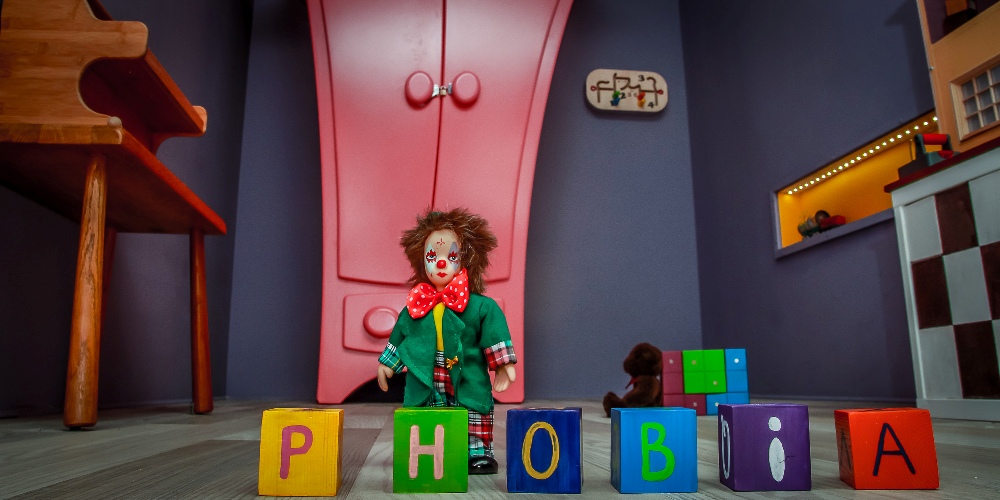Learn Why Escape Rooms are Most Popular in Europe
Unheard of a decade ago, today escape rooms like the Amsterdam Escape Room are among the most popular weekend activities in Europe. Escape rooms are physical adventure games which involve players being locked into a room and having to use elements contained therein to escape. Rooms are normally themed – One Amsterdam Escape Room is themed on the career of H.P. Berlage the famed architect, for example.
Escape rooms first appeared in 2006. They were based on popular escape room video games. Commonly known as “escape the room games”, these were popular point and click games that require the player to “escape” a certain setting by successfully interacting with his or her surroundings.
The first of these games appears to have been John Wilson’s Text adventure, Behind Closed Doors, released in 1988. Although there were numerous reproductions of this gameplay mechanism, such as Noctropolis, it was popularized by the 2004 Japanese game Crimson Room by Toshimitsu Takagi.
The original Escape Rooms had themed settings and challenges that were influenced by these games. By the early 2010’s, these games had become popular in the USA, Japan, Taiwan, Canada, Israel and parts of mainland China.
The original Escape Room was Real Escape Game, begun in Japan by 35 year old Takao Kato of SCRAP Co. Their escape room opened in Kyoto, and was soon being imitated in other parts of the world. In Singapore escape room games began appearing in 2011 – by 2015 there were more than 50 games available.
Europe began picking up the concept around the same time. Parapark, a Hungarian franchise, was founded in 2011 in Budapest. At the end of 2015 there were more than 2800 escape room venues open worldwide. Part of the reason for their popularity is the low rate of upfront investment. This can be as low as $7000, while most venues can produce several hundred thousand in profit each year.
Escape rooms are especially popular with corporate and business groups that are interested in team building activities. Corporate organizations use team building exercises to improve social relations and establish roles within teams. Escape rooms are a popular way of engaging in team building exercises in a fun and original way.
Escape rooms require groups to:
• Achieve goals as a team.
• Establish effective working relationships.
• Define roles within the team.
• Improve on team problem solving skills.
As such they are a useful tool for corporate groups hoping to improve communication skills and team work.
What is even more interesting is the use of Escape Rooms or Escape Room style problems for educational purposes.
In Canada, at Ontario University, research is being done on the evolution of Escape Room games to see if they are applicable to teaching methods. Researchers are interested in several aspects of the Escape Room idea that they believe promotes an educational experience, such as the way the player interacts directly with the game, as opposed to via an avatar.


